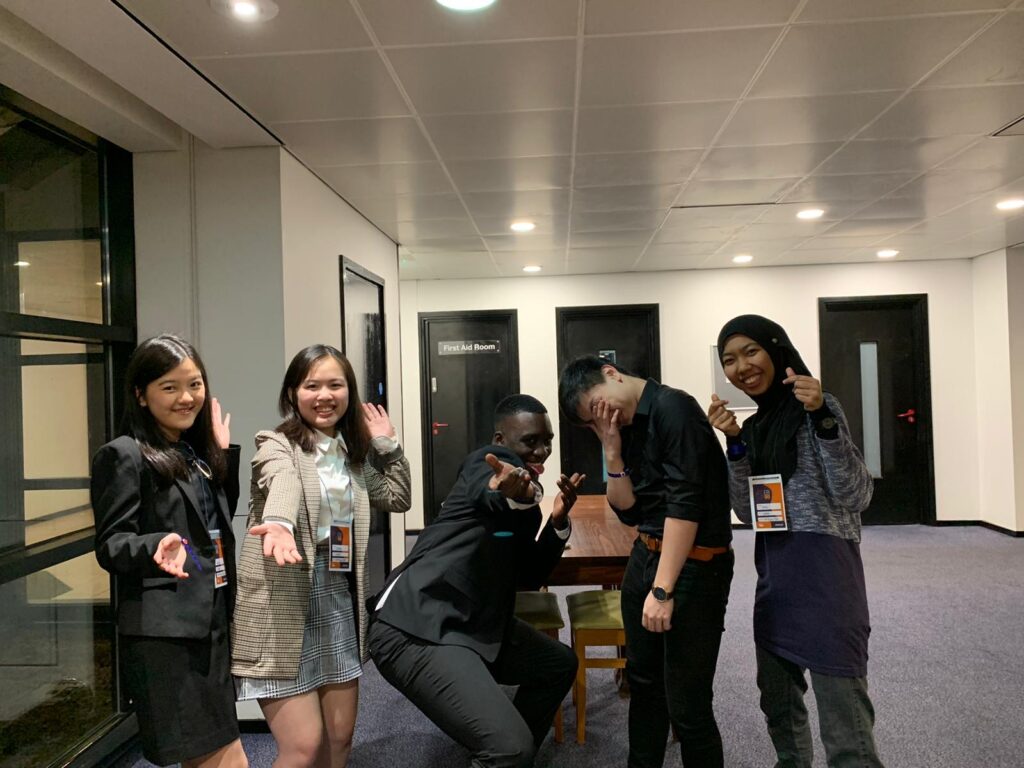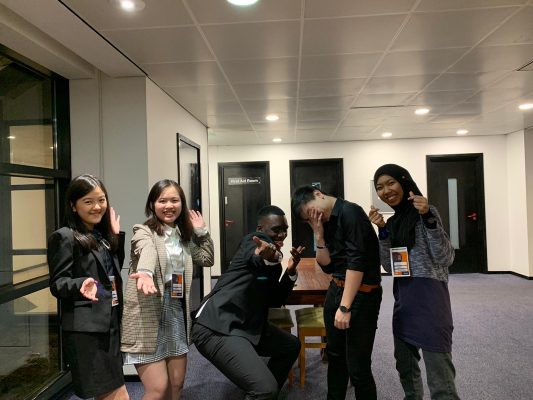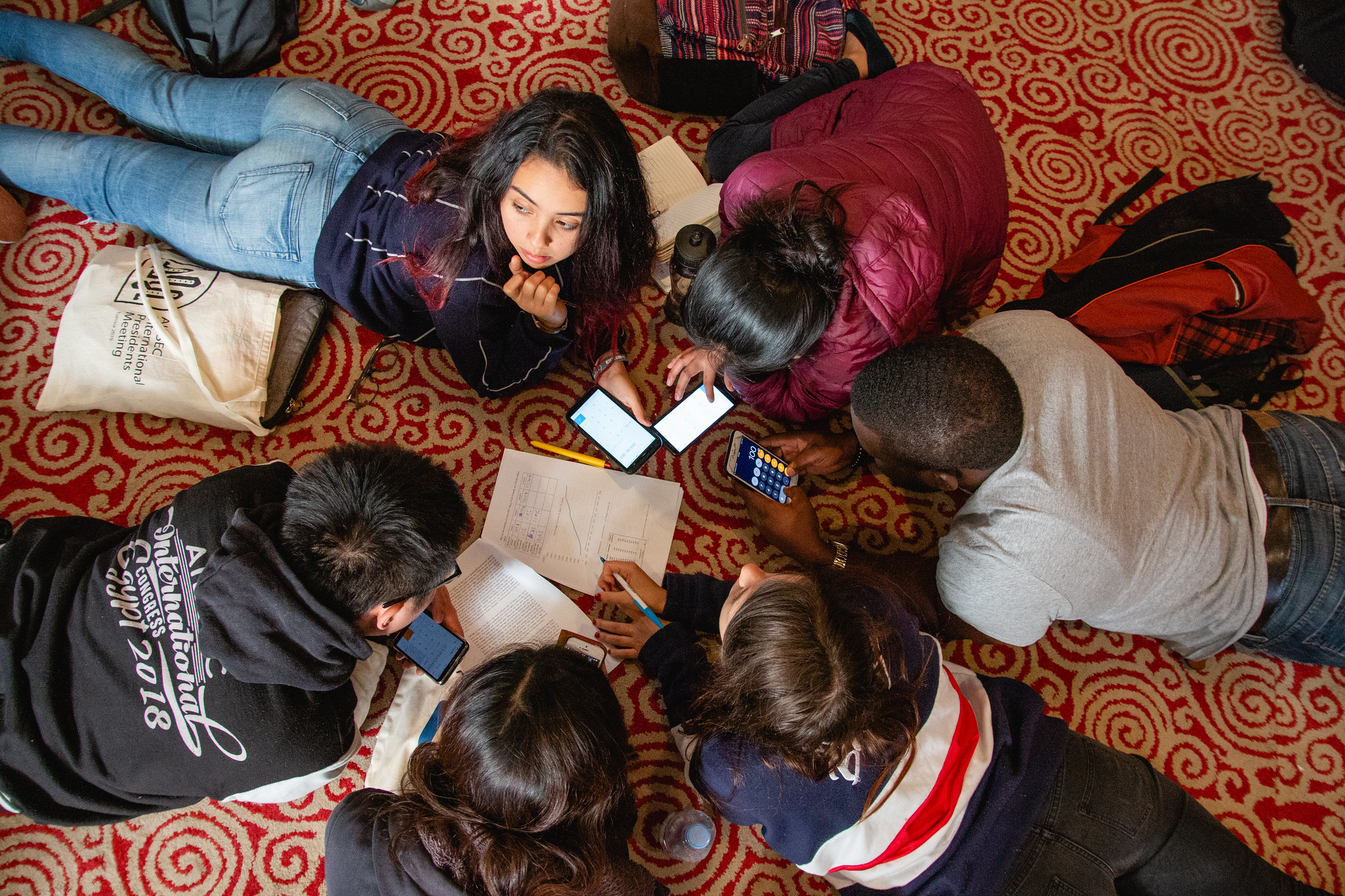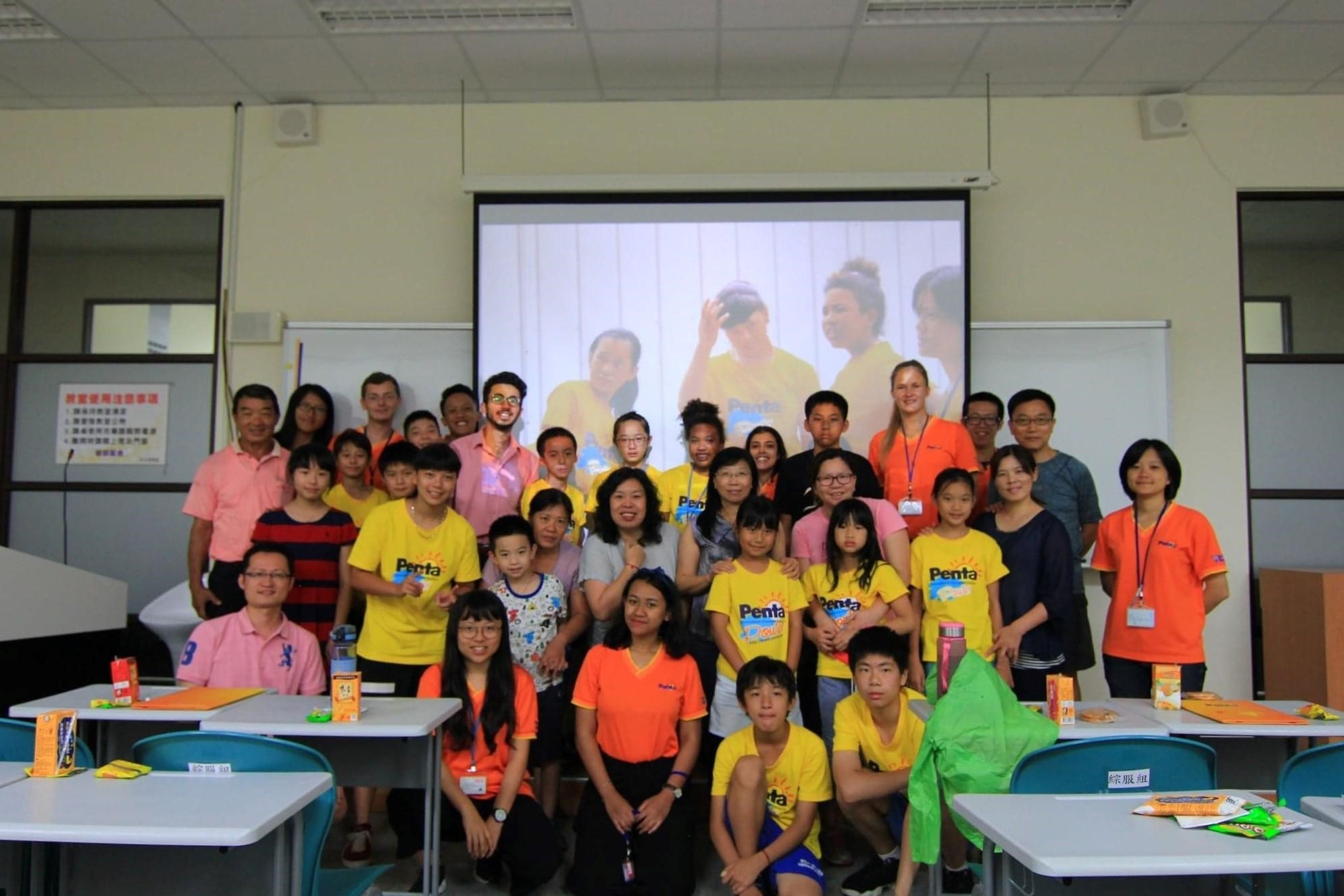“I could be myself more in my Executive Boards (EBs) team probably due to the diverse environment as one of the reasons which make me feel equal and comfortable.”
– Victoria, Local Committee President (LCP) of AIESEC in Leeds 21/22

Studying abroad is my first international experience which is further solidified through my participation in AIESEC. Being a young Malaysian studying in the UK, I am privileged to work with different nationalities but sadly, not everyone has the same chance as mine. However, I believed if countries and companies in ASEAN work collectively, it is possible to create more opportunities for the young talent to develop themselves crossly in the region where both exchange participants, as well as the locals, can experience the benefits of nationality diversity.
Diversity has constantly been ‘a talk in the town’ mainly to reduce the inequalities experienced by certain races and genders. While human rights should be upheld by any institution, there are some merits of having diverse demographics in an entity especially for a multinational company and company that is looking for an expansion opportunity in other regions. Now that companies are moving from profit-driven to purpose-driven, how diversity generates value to the businesses?
1. Suppress ‘groupthink’ by having global perspective
Technological advancement has disrupted the nature of businesses to be more volatile. Hence, companies’ executives must always brainstorm innovative strategies to stay relevant and gain a competitive advantage in the market. During the ‘brainstorming’ phase which is usually done in a team, it is common for the team members with a similar background and who have been working together to hold almost the same perspective which makes them agree easily to ideas that fit everyone.
While having someone who has a different background would probably disturb the team dynamic, they will bring a fresh perspective to the team which is why students who studied abroad tend to be perceived as a more valuable talent because of the exposure they have gained outside their home country.
2. Develop leadership through cross-cultural awareness
Coming from a multicultural country which is Malaysia, I have always thought being able to understand other races would reduce racism but has never implemented it due to the complacency of my race being as the majority. However, after joining AIESEC in the UK where pretty much everyone is in the minority, I learnt to understand others by being curious about their culture. I started to embrace the dissimilarity we had and arrived at a middle line where everyone can accept each other. Through cross-cultural awareness, one can develop themselves to be more of an empathetic leader as they are more understanding of the differences.
3. Promote equality at the workplace
Even with the diversity and inclusion policy in the company, the exclusion of minorities tends to be taken lightly because only a small percentage experiences it. By recruiting more people from diverse backgrounds, it allows equality to act upon it as everyone is different. Victoria, who grew up in Hong Kong and moved to the UK to study a degree in Philosophy, Politics, and Economics which her coursemates are mostly locals, has joined AIESEC in the UK, the most diverse entity as they have members with approximately 30+ nationalities.
Besides, she also takes up a challenge to be an operations consultant of AIESEC in Germany which their members predominantly Germans. Having many experiences working with different team settings, she highlighted that she could express herself better in a diverse team rather than being a minority or majority in a team. It is due to the perceptiveness that everyone is equal because no nationalities are dominant, therefore, there is no urgency to fit it into the new culture. Naturally, everyone feels comfortable voicing their opinions without having a sense of being judged.
4. Produce a solution-oriented employee
As mentioned before, a diverse team tends to have many new perspectives which sometimes can be extreme from one another. Thus, conflicts become unavoidable and they must think critically to make the best decision. While at first, the differences will bring frustration to them, it is typical of the team ‘storming’ phase. If the team successfully solves the clashes between them, they will perform well in the performing phase. Hence, it provides a steep learning curve for the team members which forms a solution-oriented personality in the employees.
Through my experience working with Victoria in a team, we started with friendly, cautious gestures and I enjoyed being her teammates. However, it was not all sunshine and rainbows as we faced our first conflict in the second month of the term. The whole team was tensed up but in the end, it worked out well as we consistently tried to communicate with each other. Of course, conflicts kept coming in but as we went along, we were becoming better at solving them professionally which meant even after an intense, full of clashes meeting, we would converse in a friendly manner without any hard feelings.
Diversity does bring many benefits, nevertheless, it also comes with challenges. For instance, a lower quality candidate might get chosen over the highly-qualified candidate as the company is sustaining its diversity value. Hence, the HR department must devise a strategy that strikes a balance between moral values and the company’s sustainability. It is difficult but in the era of value-creation, it is important to take a holistic approach in valuing one of the triple bottom line: People.
#IC2021 #Diversity #Inclusion #youthleadership #empathy









